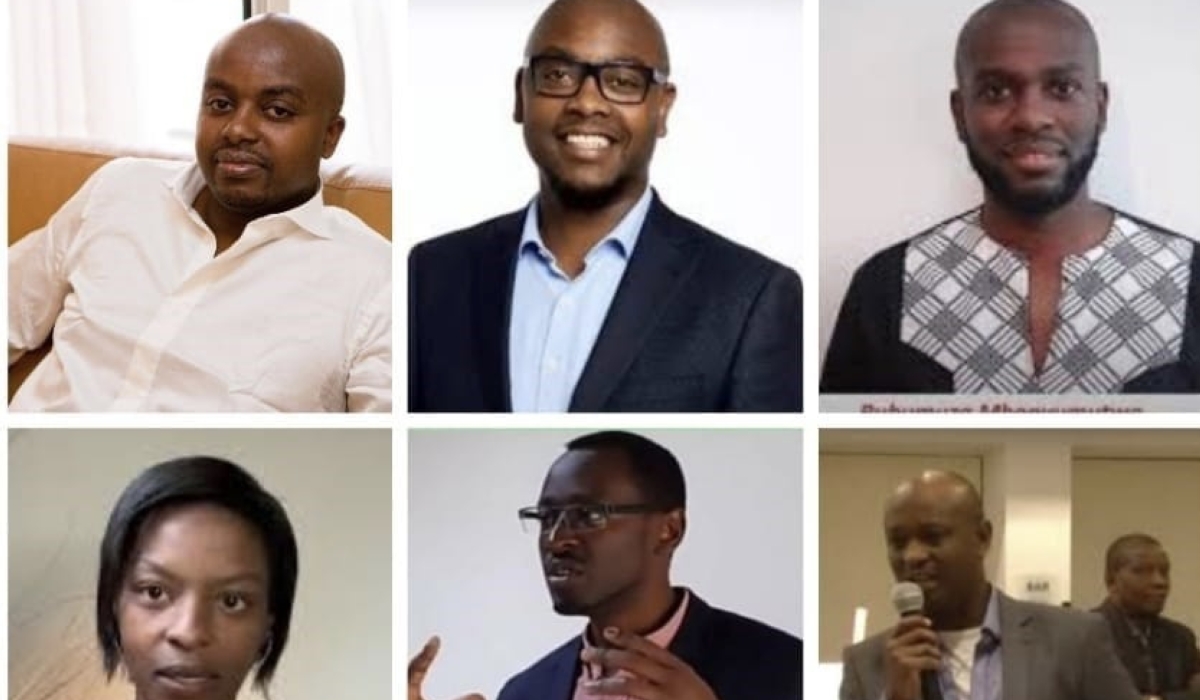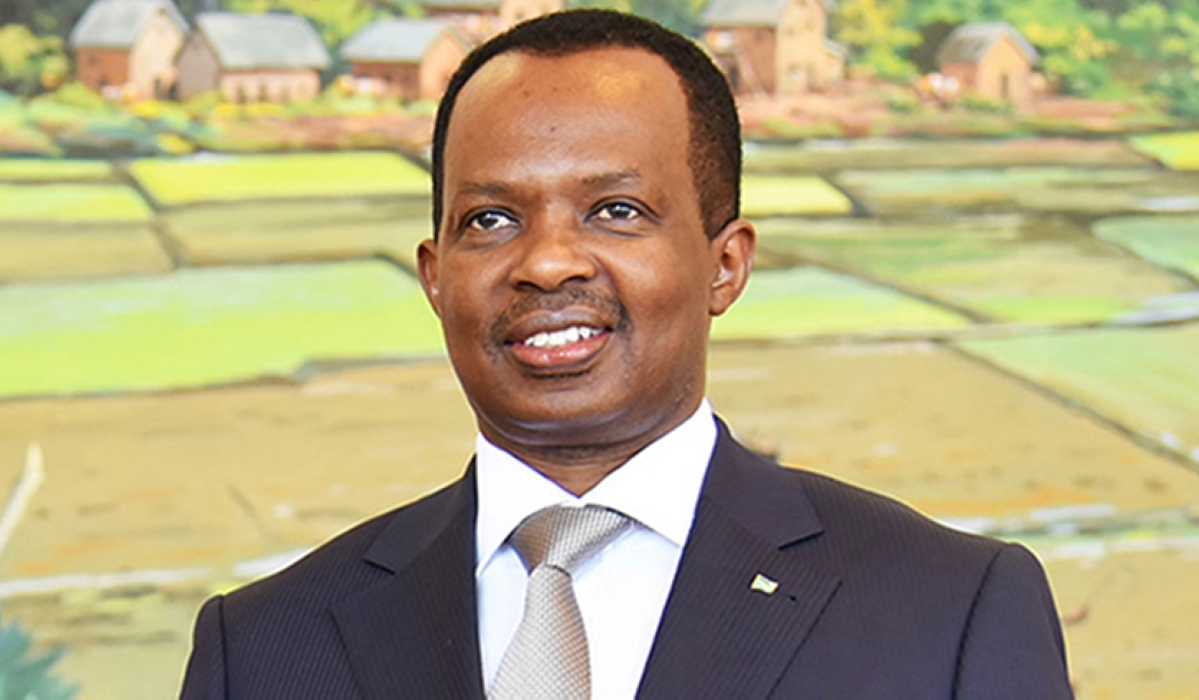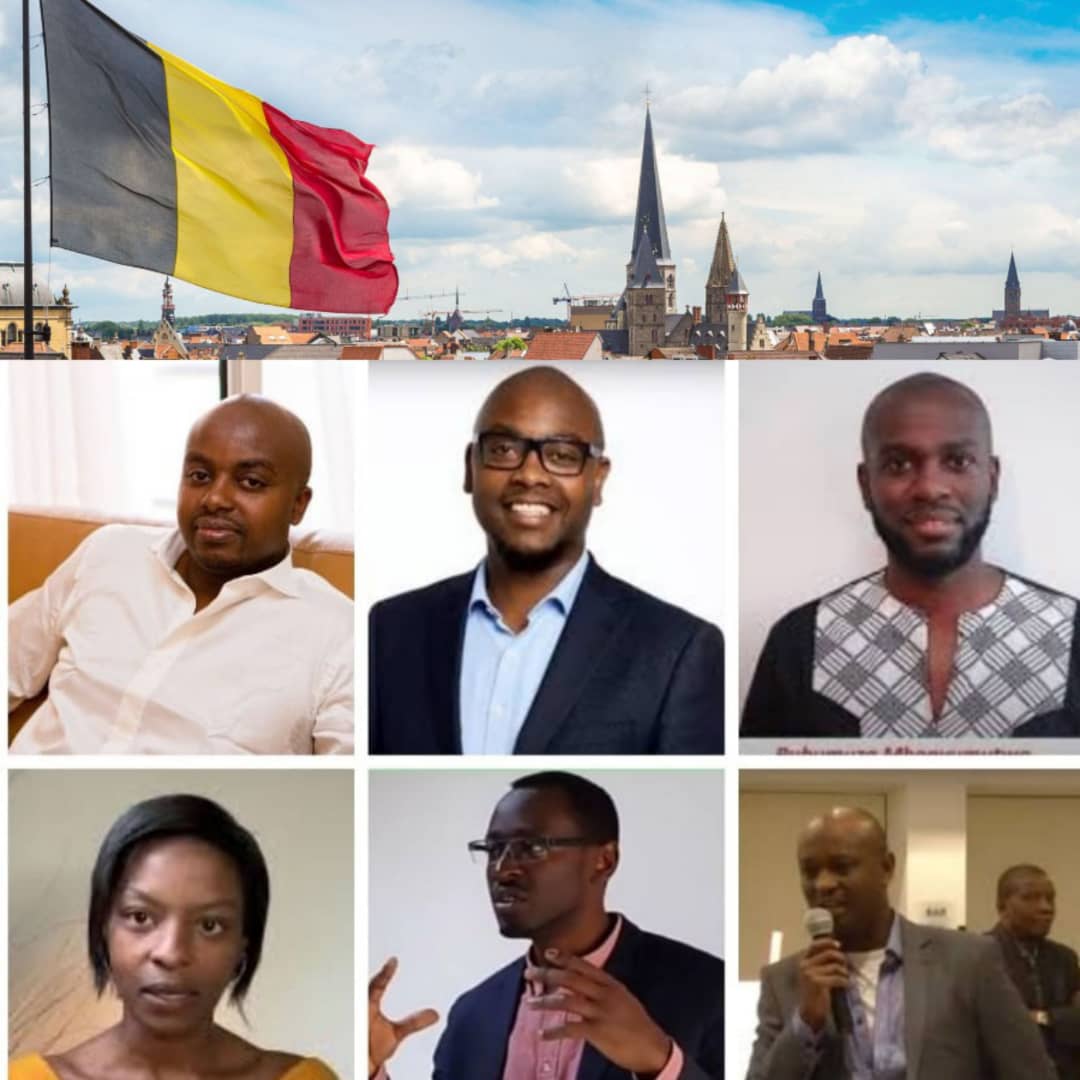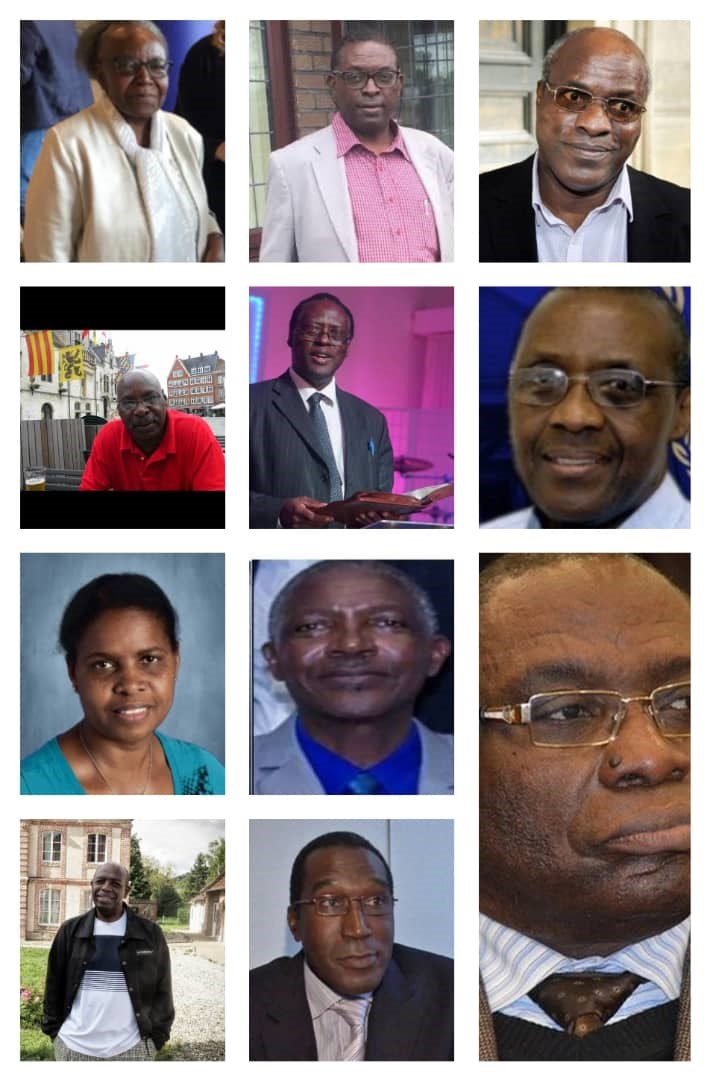International
Belgium knows cause of DRC's insecurity but ignored them to appease Tshisekedi
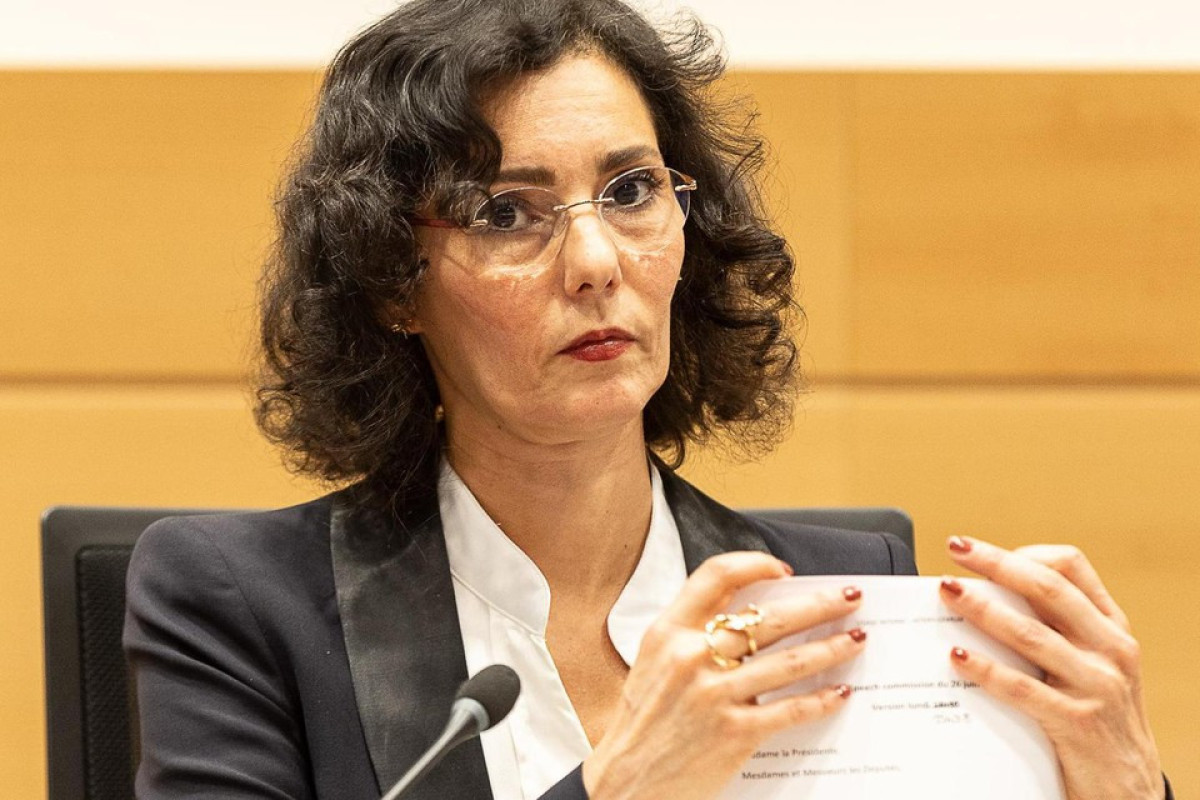
Since
January 2024, Belgium, a European country that colonized Rwanda and the
Democratic Republic of Congo (DRC), has assumed the presidency of the European
Union. Belgian Minister of Foreign Affairs Hadja Lahbib has urged Congolese
leaders to address the root causes of insecurity in eastern DRC.
Lahbib
called on the Congolese national army, FARDC, to cease collaboration with armed
groups, including FDLR, a terrorist group formed by remnants of the
perpetrators of the 1994 Genocide against the Tutsi in Rwanda.
Having
colonized DRC for 52 years, Belgium understands the root causes of insecurity
in the volatile country, including its own divisive political legacy.
The
conflict between Kinyarwanda-speaking Congolese and other Congolese nationals
date back to the Belgian colonial rule way before independence.
Banyarwanda
had already been in DRC due to arbitrary border drawing by colonial powers, and
additional Banyarwanda were brought into the Kivu region by Belgians for
agricultural work especially during the second world war.
Driven
by political and economic interests, Belgium continues to work with
Tshisekedi’s regime and trains its army, which is committing human rights
abuses.
As
president of the European Union, Belgium's denouncement of the collaboration
between FARDC and FDLR indicates its awareness of the root causes of insecurity
in eastern DRC, even if Congolese leaders attempt to divert attention.
Belgium
uses opportunities, including international meetings and sports activities, to
condemn Rwanda for allegedly supporting the M23 rebellion.
Despite
DRC having over 260 armed groups, only M23 is often highlighted, creating a
distorted narrative about the situation in eastern DRC.
The
insecurity in Ituri Province is more alarming than in North Kivu and South Kivu
provinces combined in terms of death toll and displaced population.
However,
due to economic interests, North Kivu captures the attention of the DRC
government and its allies, especially the Belgian government.
Congolese
leaders assert that they will not engage in any kind of dialogue with M23,
labeling them as "terrorists," yet they consistently lose ground and
portray themselves as victims.
Through
endless propaganda, Kinshasa has influenced its people to believe that Rwanda
is behind their problems.
Rather
than merely inspecting DRC, Belgium should acknowledge its role in the root
causes of insecurity in eastern DRC.
When
M23 was defeated in 2013, the number of armed groups was fewer than 140. With
the resurgence of M23 after being abandoned by the international community, and
spending 10 years in refugee camps, the number of armed groups in eastern DRC
has more than doubled.
Addressing
the root causes without political interests is the only way to restore peace in
eastern DRC, and these root causes are well known. Bad leadership and lack of
political will to address issues affecting Congolese citizens are high on the
list of the root causes of the vast country’s problems. Giving genocidal forces
from Rwanda a safe haven is another problem that the Congolese authorities and
their allies in the West never want to tackle.



